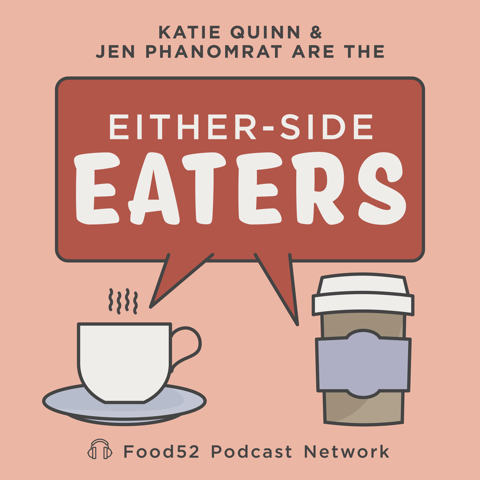
On our new weekly podcast, two friends separated by the Atlantic take questions and compare notes on everything from charcuterie trends to scone etiquette.
Listen NowPopular on Food52
Continue After Advertisement
12 Comments
Emily L.
September 15, 2016
Love this post and would love to see more like them! Thanks for educating (and tying it back into food too!)
Shalini
September 15, 2016
I like that you explained the sacrificial.element of the Eid that just passed. This explains the images of rivers of animal.blood mixed with monsoon rain flooding Dhaka, Bangladesh in the news right now. A difficult topic to tackle for a Bengali Hindu from New Jersey, for sure!
jlg84
September 15, 2016
Ramadan is not always in the summer, since the holiday moves across the Western calendar in accordance with Islam's lunar calendar.
latenac
September 15, 2016
Yes, this whole paragraph needs to be changed to reflect the lunar calendar that is the Islamic calendar -
""There are two official holidays decreed by Islam, both called Eid. Eid-al-Adha usually falls in September, and it’s distinct in intent and feel from Eid-al-Fitr, Arabic for “festival of breaking the fast,” the celebration that follows Ramadan in the early summer. Lavish feasts are integral to both holidays, yet their flavor profiles are wildly different."
Both holidays fall in the same months of the Islamic calendar, however they always fall on a different day from year to year in the Gregorian calendar. While I appreciate the idea of having an outsider write about the holidays and why someone should understand them, this article might have done well to be fact checked by someone who is Muslim as I wonder what else you might have gotten wrong aside from just this basic Wikipedia fact about the calendar.
""There are two official holidays decreed by Islam, both called Eid. Eid-al-Adha usually falls in September, and it’s distinct in intent and feel from Eid-al-Fitr, Arabic for “festival of breaking the fast,” the celebration that follows Ramadan in the early summer. Lavish feasts are integral to both holidays, yet their flavor profiles are wildly different."
Both holidays fall in the same months of the Islamic calendar, however they always fall on a different day from year to year in the Gregorian calendar. While I appreciate the idea of having an outsider write about the holidays and why someone should understand them, this article might have done well to be fact checked by someone who is Muslim as I wonder what else you might have gotten wrong aside from just this basic Wikipedia fact about the calendar.
Mayukh S.
September 15, 2016
Updated the post to correct all of that. Really appreciate you keeping me in check. Thanks for reading.
Panfusine
September 14, 2016
What about other festivals we hear of (muharram etc, although I believe that is a festival of atonement that is restricted to the Shia sect), Is the iconic SHeer korma (sweet vermicelli pudding) associated with Eid ul Adha or Eid ul Fitr?
foofaraw
September 14, 2016
Just wondering, should it be "the Muslim holidays" or "the Islamic holidays"? I thought I have been hearing the latter until now because it is about the Islam's holiday which is celebrated by the Moslems , but I might be having a false memory about English
Mayukh S.
September 15, 2016
Very fair question—I've seen both used, but 'Muslim holidays' was more commonly used by other publications, which is why we went with that in this case. Thanks for reading!



Join The Conversation